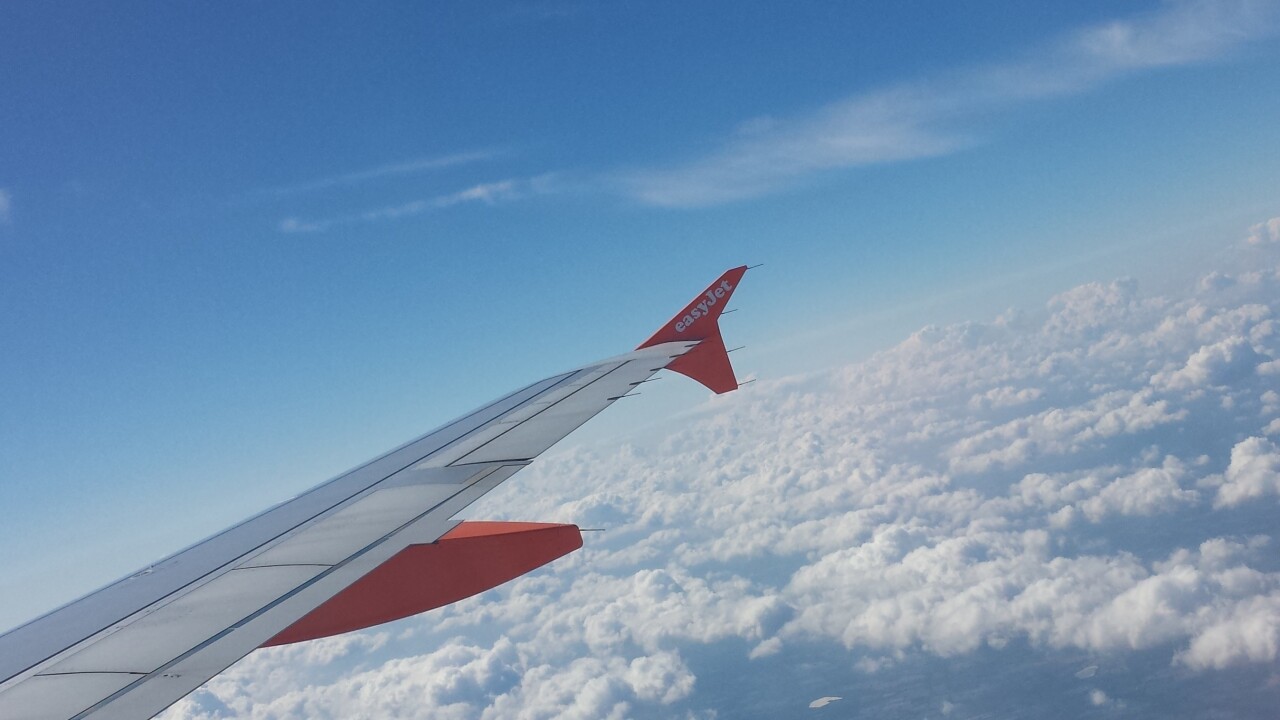
Two weeks after the US announced new guidelines to pave the way for airlines to allow passengers to use electronic devices during all phases of flight, Europe is now on course to follow suit.
In a press release issued earlier today, the European Aviation Safety Agency (EASA) confirmed it would publish guidance that would “extend to all phases of flight the possibility to use personal electronic devices (PED) such as tablets, smartphones, e-readers and mp3 players”. It’s thought this will come to fruition by the end of November, and it will be subject to assessment of individual airlines.
Similar to its US counterpart, EASA’s new guidelines will stipulate that devices should still be used in ‘Airplane Mode’, essentially meaning that users still can’t use cellular services such as SMS or voice calls. Moreover, larger items such as laptops will need to be put away for take-off and landing.
“This is a major step in the process of expanding the freedom to use personal electronic devices on-board aircraft without compromise in safety,” explains Patrick Ky, EASA Executive Director.
As with the US change, these new rules will only apply to airlines operating within Europe, so presumably if a flight is destined for another continent, the status quo will still apply to landing.
Following the new guidelines Stateside, a number of airlines were quick to seek permission to adopt them, with Delta and JetBlue among the first to bring the new rules into effect on their planes.
Interestingly, EASA also noted that it’s looking at ways to “certify the use of mobile phones on-board aircraft to make phone calls,” though no timescale was given for this. This news will likely be greeted by a mixture of delight and despair.
Get the TNW newsletter
Get the most important tech news in your inbox each week.





